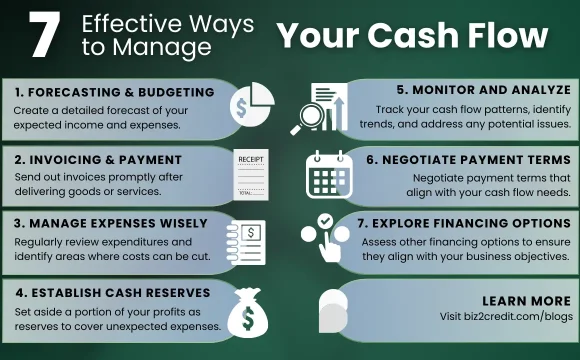Accounting is an on going process that is required in every organization whether big or small. It is a method of summarizing and monitoring financial transactions of a company. The word accounting comes from the Latin phrase Audaculum, which means “doing the book.”
Accounting or accountancy is basically the measurement, tracking, and interpretation of financial data concerning companies and other economic entities. A lot of confusion may arise if we refer to bookkeeping or accounting as something else than what it actually is. Many people think that accounting includes the preparation of the financial reports that are filed by the business owners with the government agencies. However, this is not entirely true. Bookkeeping is merely one part of the accounting process.
In addition to the preparation of balance sheets, journal entries, income statements, and so forth, accountants also have to do a whole lot more. For example, they are responsible for creating the budget, making projections, and giving guidance about how the company will perform financially. The role of accountants is very wide and they should never feel guilty about playing a major role in the whole accounting process. They should take pride in their role as accountants. Most accountants today hold an MBA degree which gives them an in depth understanding of the entire business world.
Small business accounting refers to those who do the day-to-day accounting activities. Their work includes the preparation of the income statement, the balance sheet, the statement of cash flows, and the statement of business operations. As an accountant, you will be involved in all aspects of the financial transactions of your clients’ businesses. You will create financial statements that will give the shareholders an idea of how profitable your clients’ businesses are. You will also make sure that the financial statements are accurate and up-to-date at all times.
Before you start your career as an accountant, you need to complete the Accountancy BBA (a graduate degree in accounting) or CPA (a bachelor’s degree in accountancy). In order to become licensed as an accountant, you need to pass the CPA exam. These professional bodies of accountants have set standards for accountants to follow in preparing their financial statements and reports. Professional organizations like the American Institute of Certified Public Accountants (AICPA), also set high standards for accountants to follow. If you are interested in becoming an accountant, you need to understand the differences between general public accounting and private label accounting.
Private label accounting has been in use in the United States for many years. Private labeling involves the use of account numbers other than those used for single and double-entry accounting. Under this system, an accountant uses a different name for each asset and liability while classifying these assets and liabilities in different manners. Double-entry accounting involves the use of two different entries for each transaction and thus twice the data is entered resulting in more work. While double-entry accounting has been found to be efficient and accurate, it does not have the same accuracy and precision as private label accounting.








